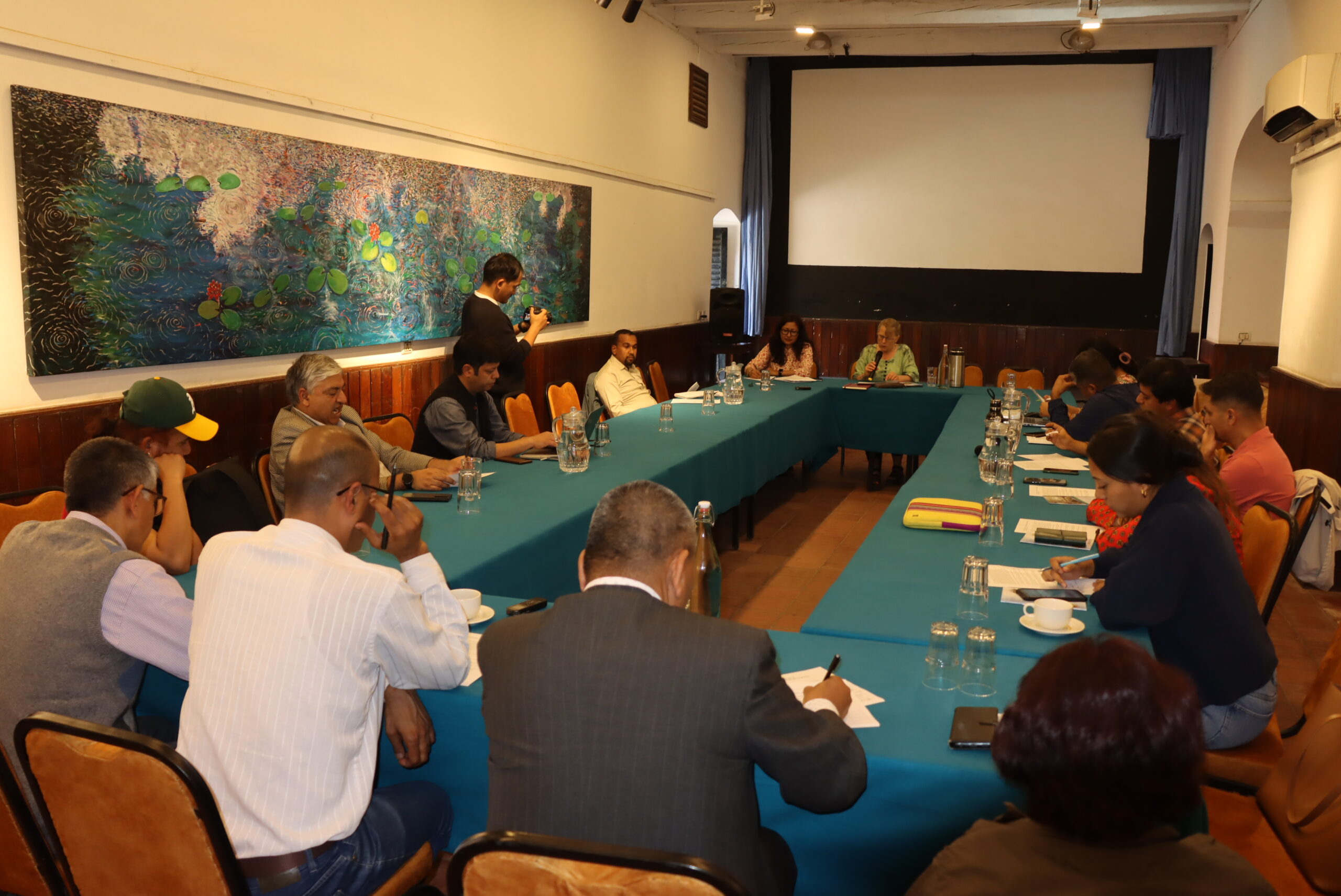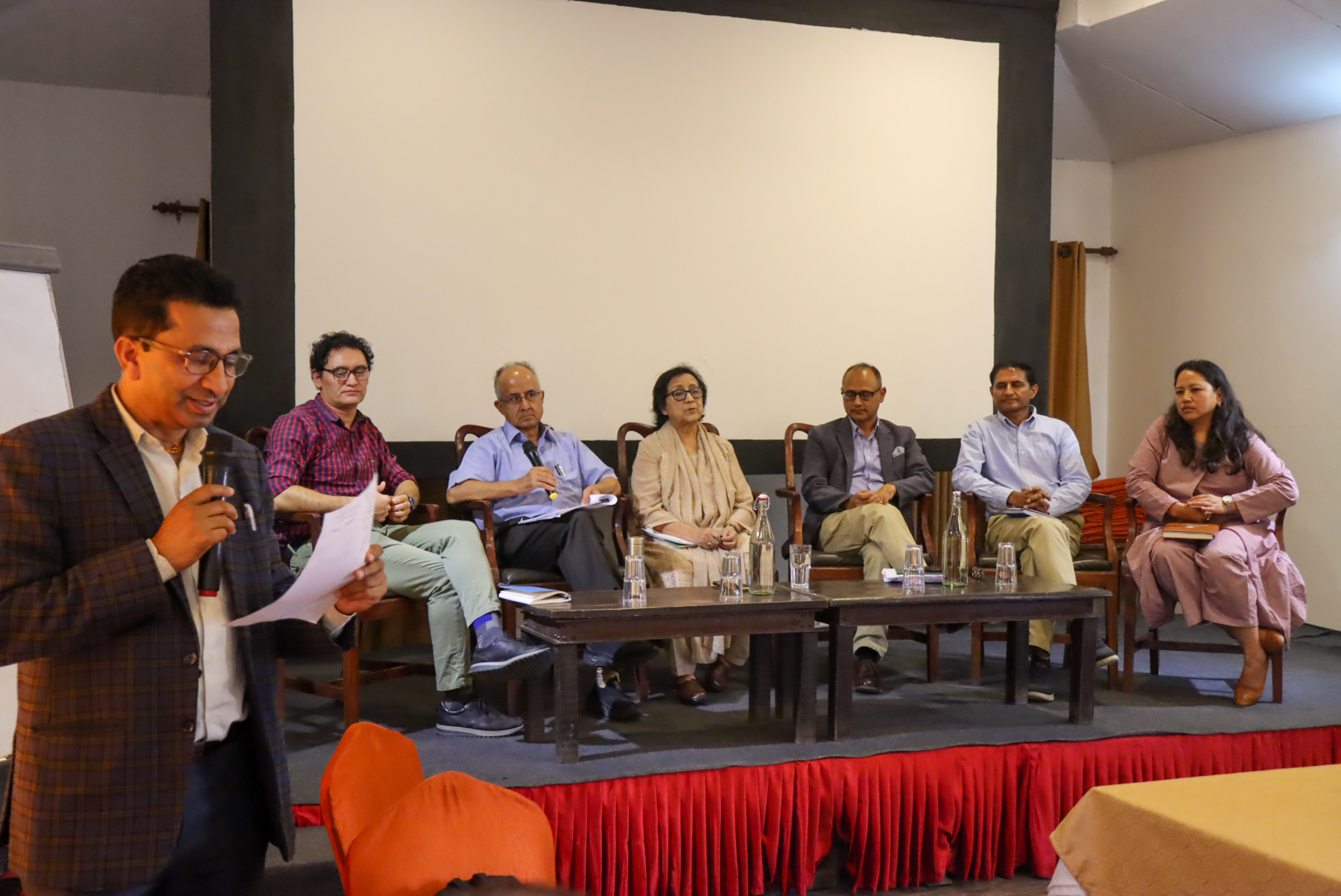On January 14, 2022, SIAS organized yet another Future Himalayan Research Seminar Series program. The seminar was delivered by Sushant Acharya, Researcher, SIAS, on the topic ‘Does High-Value Agriculture Do Good for Women: A Case Study of Large Cardamom Farmers from Rural Hills of Nepal’.
The presenter shared some of the results of his ongoing P.hD research on the aforementioned topic. In particular, he outlined gender differences in production and post-production nodes and shared how the involvement of women in the large cardamom value chain affects their capabilities.
Overview
Even though over 60% of the Nepali population and over one-fourth of the country’s Gross Domestic Product (GDP) depend on agriculture, Nepali agriculture is suffering from a number of problems. The farming system is subsistence-based with traditional technologies and often cannot meet the households’ needs for food and cash. This has resulted in high out-migration – mainly of men – for income and employment, in the feminization of agriculture, and in the abandonment of cultivable land. On the other hand, commercial farming of High-value Agriculture (HVA), which occupies only a 20% share at present in terms of total farmed land in the country, is taking a faster move across the country to offer solutions to the problems in subsistence agriculture. With the growing interest of farmers in HVA, the question arises as to what changes HVA can bring in the division of roles between men and women in the value chain, and how these changes matter to women. To serve this purpose, this research has taken the case of Large Cardamom (LC), a promising export-led HVA crop of Nepal from the Ilam district of eastern Nepal. The research used qualitative methods for data collection which is complemented by descriptive statistics. To interpret the results, the agricultural value chain framework and capabilities approach has been applied.
About Future Himalayan Research Seminar:
Future Himalayan Research Seminar Series on Environment and Development is a research-sharing platform to present recent and ongoing studies where researchers can meaningfully engage with each other and share knowledge. Not limiting itself to the presentation and feedback loop, the seminar is also a platform for researchers to build a social and intellectual relationship with contemporaries and experts from a diverse array of research traditions within the overarching theme. It is a bi-monthly event with open access to everyone interested. The seminar is planned for 1.5 hours, with the first 45 minutes for presentation and the latter half to engage with the audience for discussion and debate.




